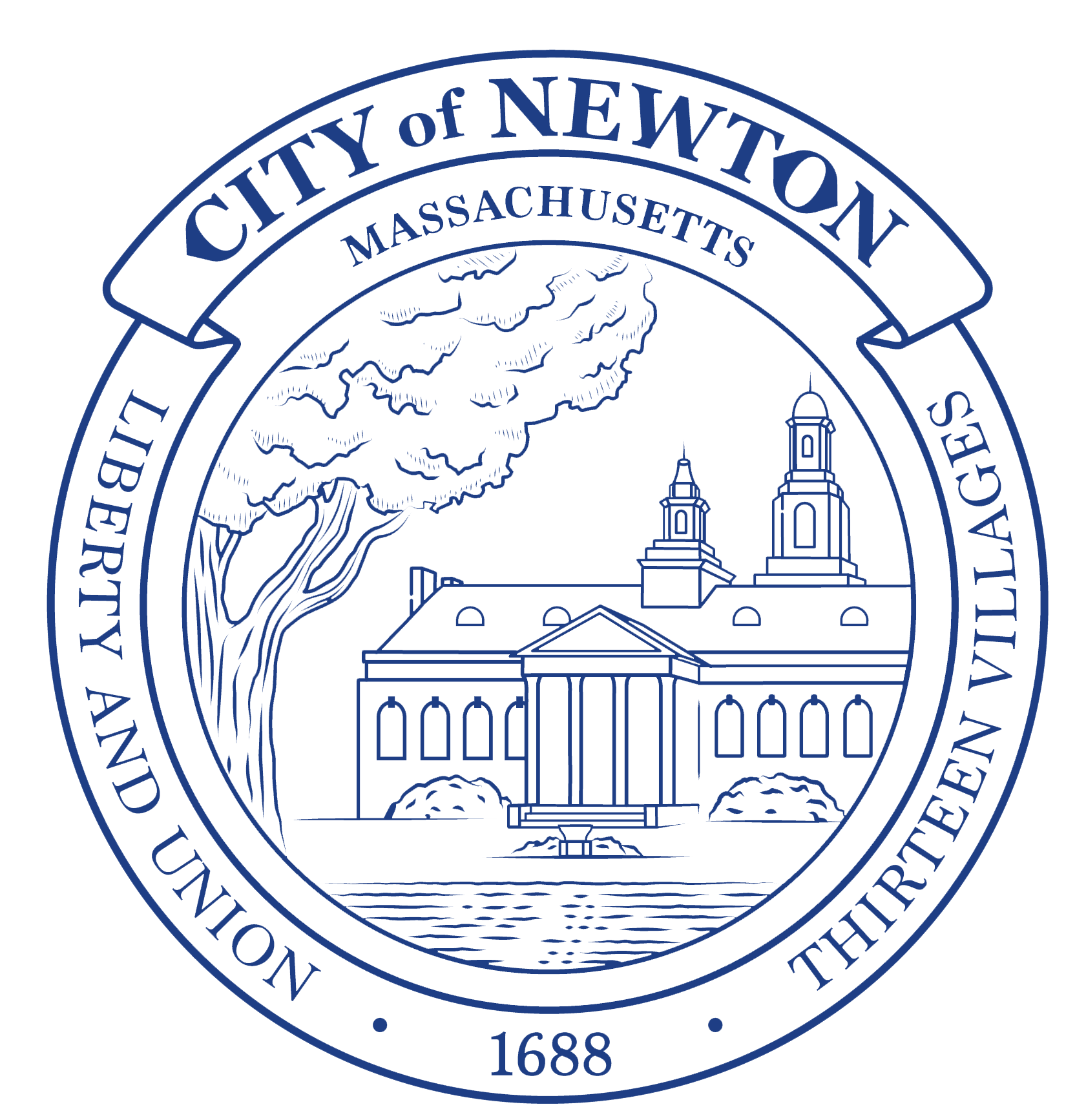Renewable Energy
By replacing the purchase of electricity from fossil fuels with the purchase of electricity (renewable energy certificates, or RECs) from renewable energy resources such as solar and wind energy, the City is working to:
- Improve local air quality. Electricity generated from renewable resources, such as the sun and wind, does not create the greenhouse gases that cause climate change and does not pollute the air.
- Encourage the development of additional renewable energy projects in our region. The City has prioritized buying additional, meaning more than the minimum required by state law, renewable energy from new renewable energy projects in the New England region (MA Class I RECs). By creating additional demand for the electricity generated by those projects, Newton Power Choice is helping to stimulate the development of more regional renewable energy projects.
- Support local businesses and local jobs. Purchasing renewable energy from New England-based projects means supporting New England-based businesses and the jobs they provide to local communities.
What it means to buy renewable energy
Unless you have a renewable energy system, such as solar panels, plugged directly into your home or office, you cannot purchase the specific electricity that is generated by a renewable energy project. The electricity flowing through the grid is a mix, and it includes electricity generated by renewable energy projects as well as that generated by fossil fuels, such as coal, oil, and gas, and other resources such as nuclear. The individual sources cannot be separated out at the level of the grid.
As a result, a separate accounting system has been created to keep track of renewable energy and to allow it to be bought and sold. That system uses renewable energy certificates, or RECs. Every time a renewable energy project generates 1 megawatt-hour of electricity, 1 REC is minted. That REC can then be sold. Purchasing a REC gives you, and no one else, the right to say you used the electricity from that renewable energy project.
Anyone who wishes to purchase renewable electricity, must then purchase 2 things: they must purchase the electricity itself from the grid, and then they must also purchase RECs that equal the amount of electricity they use. (These two costs are often bundled together, and they are why renewable energy costs a bit more.) Whoever buys RECs has the right to say they used the electricity generated by the associated renewable energy projects. Those RECs are then retired so that they cannot be purchased by anyone else, and no one else can claim to have used that electricity. Accordingly, Newton Power Choice purchases RECs in order to increase support for electricity from renewable sources.
The minimum amount of renewable electricity required by state law
Massachusetts state law requires that all electricity sold in the state must include a minimum amount of electricity generated by renewable sources and also by alternative, highly efficient sources that are not considered renewable. These requirements are known as the Renewable Portfolio Standard (RPS) and the Alternative Portfolio Standard (APS). The required amounts increase a little every year. You can download a spreadsheet with the specific required amounts from the Massachusetts DOER.
Newton Power Choice purchases additional RECs, meaning more than the minimum required by state law, from new renewable energy projects in the New England region (MA Class I RECs). Doing so helps to drive the development of new renewable energy projects in our region. As demand for renewable energy increases, renewable energy developers build more projects.


